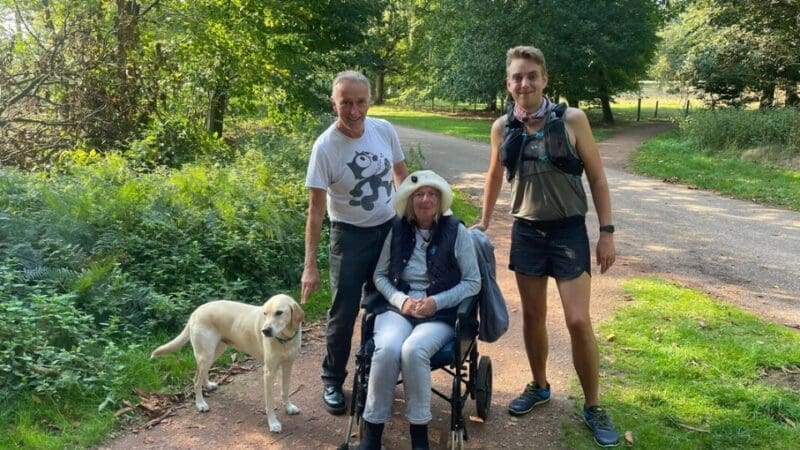Local authorities have a legal responsibility to ensure that your care needs are met. A personal budget is an amount of money from a local authority to help people to manage their care in a way that suits them. If they agree to pay for some or all of your care needs, the local authority must also offer a choice of how to meet your needs. The aim of personal budgets is to give people greater choice over the care and support they receive.
Am I eligible?
A person must have been assessed as requiring services in order to receive a personal budget, and the payment must be used to purchase the services that the person needs. Payments may be made to the carers and to people with dementia.
How do I apply?
You can request information about a personal budget by contacting your Social Services department and asking for a Needs Assessment or a Carer’s Assessment.
How are these budgets paid?
Once a care and support plan has been put in place, it can be managed in different ways:
- no money changes hands as the NHS team or local authority arranges the agreed care and support
- a different organisation or trust holds the money for the individual and supports them to decide what they need
- the individual receives a direct payment and manages the services themselves
What is the difference between a personal health budget and a personal budget?
A personal budget is for your social care needs, while a personal health budget is for your NHS healthcare needs.
Can I join up my personal health budget and my personal budget?
Personal health budgets and personal budgets may be joined together into one package of care.



